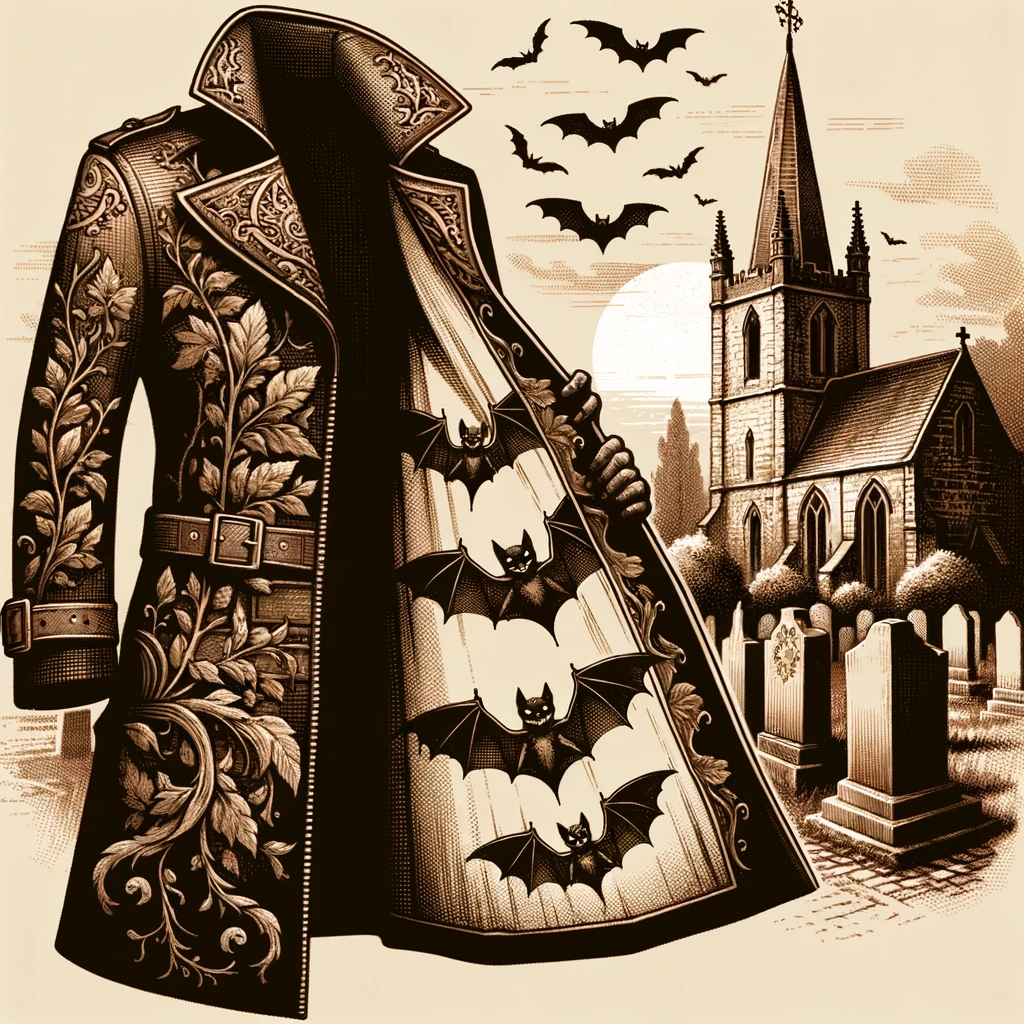I’ve ended up with a number of machines on my network, and a need to name them all in a somewhat logical way. For several years I had them named after the planets, which worked well until the PCs for myself, my girlfriend, servers and Raspberry Pi’s quickly summed up to more than the eight planets. I’ve broadened it somewhat to include any Greek/Roman mythological figure, but the system is definitely not as clean as it used to be.
Do you have a coordinated naming theme for your machines?
Every machine is named after what it does (although I do 1337-ify the names, because I’m still a late 90s IRC teen at heart). If you’ve ever been onboarded into a sysadmin role where all the machines are named with whatever whimsical naming scheme each department chose, you’ll fast develop a visceral hatred for non-descriptive naming schemes. The fifth time you get a ticket saying something like ‘Hedwig is down’ and you have to go crawling through three layers of linked files on SharePoint to find what and where ‘Hedwig’ is, you’ll be ready to beat the person who named it to death, and that attitude tends to persist to your home naming scheme :p
So more of a “cattle” than “pet” approach in general?
The fifth time you get a ticket saying something like ‘Hedwig is down’
If only there was an excellent database to store where Hedwig.bthl4.sea.wa.goliath.corp was and maybe include an alias so you know it’s NNTP5.goliath.corp also.
I shall invent one. It shall replicated and synchronize quickly. It shall interface and accept changes and share data. It will be simple to query so everyone can use it. I shall call it DNS . If people get snippy, I shall next invent an HS record.
Learn to use the tools, man. It’ll help you adhere to a 40-year-old RFC on naming things.
Yes, if you’ve built the network from scratch that works. Retrofitting it into an existing network however is a massive piece of work when you don’t have that single source of truth to start with however. On networks I’ve built sensibly, I’ll happily give people whatever CNAME they want to refer to their machine, but the machines actual name is descriptive, not the other way round.
I am 100% with you on this. At work the name should instantly tell me everything I need to know about the system at a glance.
Rfc1178 be damned.
I’ll get right on rearchitecting the dns infrastructure of a large sprawling corporation, with mountains of technical debt from decades of acquisitions where they just mashed shit together. I’m sure that project will get approved.
Don’t be condescending, man.
Well I’m glad you know it’s there!
I can’t comment on your particular technical debt, as I’m not very psychic. I like how you say not to be condescending and require me to be psychic. That’s cool, but I bet you’re stressed.
Have a good week.
Discworld characters. My storage servers name is Luggage, my phone is ‘Ig’, the vacuum is named after a monk.
Same, but mine is specifically “The Watch”-Characters. Proxmox is Vimes, NAS is Colon, Pi is Nobby, Linux VM is Angua, Windows VM is Carrot, and so forth.
I use Discworld geography for physical devices. VMs have character names.
the vacuum is named after a monk
Lu Tze?
Yes! 🤣
Makes perfect sense, with him always sweeping the Omnian gardens 😄
Porn stars that the machines remind me of.
Stop judging me.
Well, now i need to know which ones are and what particular feature of the pcs reminds you of them
Anime girls. I want to change but I’m too far gone to have a random name
Rei - main pc
Asuna - main server
Milim - plex
Aqua - laptop
Darkness - first plex (the drives failed and lost everything rip)
Rem - raspi (pihole)
Ram - second raspi (home assistant)
Depending on the size of the machine I’ll call it big/large/huge/small/Lil then a human name like John. BigJohn is my main server and hopefully one day he can get an upgrade and become large John.
This, but it’s all suggestive names, such as:
Big Johnson, Small Richard, lil Peter, Huge Willy, etc.
Derek Derek1 DerekNew Derek2 NewDerek Ted DerekNew2 DerekTheServer Derek-Derek DerekMini
Also, MaximumDerek
Derek_final_v4
DerekDerekBoBerekBananaFanaFoFerek_1
mine would be quite simple and boring I suppose.
- Mobile Devices are just named after their model (typically the default name it uses, e.g. Pixel 7)
- Network equipment is named after its purpose and/or the model name. i.e. [brand] Router
- gaming consoles are again just the default, which is more or less the model and perhaps a random string.
- IoT devices are named after their purpose. i.e. ‘Weatherstation001’
- Desktop clients and the intangible network stuff like SSID, workgroup are the only area where I get mildly creative. I take names from geography. Cities, mountain peaks, ocean currents. Generally something mildly connected to outdoor sports.
I use names of mice from popular movies and TV shows. I use this list.
I know it’s not useful, but it’s fun to me. I would never use it in a professional environment.
I usually go with characters from the Discworld series. So far I’ve had a Rincewind, Ridcully, Twoflower, Weatherwax, Ponder, Librarian, Luggage, and Hex, plus a router called “The Clacks”. Really ought to get Vimes and crew into the mix, now that I think of it… maybe the next one will be Angua or Carrot.
Personally I use corporate-like naming scheme for my devices, the format is:
[AABB-CCCC-DDEE]
AA: Location of the device - HQ (home), CL (cloud).
BB: Role of the device - HV (hypervisor), SV (server), NW (network) and workstation (WS).
CCCC: Device brand (for NW), application running (for SV), and workstation purpose (for WS).
DD: For server and workstation - OS running on the device (WN=Windows, LX=Linux, MA=macOS). For network device - their role on network (RT=router, AP=access point, SW=switch).
EE: # of the device, year of purchase for WS.For example, here’s my router, KASM server and my gaming PC hostnames:
HQNW-UBNT-RT01 HQSV-KASM-LX01 HQWS-GAME-WN16Still trying to optimize this naming scheme, like removing all the dash, but currently too lazy to do it lol.
My kubernetes cluster is k3s1, k3s2, k3w1, k3w2, etc. My load balancer is called… lb.home.lan. I guess that we are not as creative.
Kittybox: old laptop that my cats like sitting on
Thinbox: new laptop that is thiner then kittybox.
Tallbox: desktop
Tinybox: BeagleBone black single board computer acting as server
Hell-related, mixed from Greek mythology and Christian mythology.
- Hades: THE main server. I mean it knows and controls everything
- Charon: the router. Self-explanatory
- Hell: my laptop. Its brand is Dell. It’s where all this started.
- Limbo: my other laptop
“Hey, how do I get to the Plex server?”
“Open your browser and go to Hell”
“…”
Ungulates. Because who doesn’t like a hoofed animal?
My client machines are even-toed ungulates (order Artiodactyla) and my servers/IoT machines are odd-toed (order Perissodactyla). I’m typing this on Gazelle. My router is called Quagga, both after the extinct zebra subspecies and the routing protocol software (I don’t use it any more but hey, it’s a router).
Biological taxonomy is a great source of a huge number of systematic (and colloquial) names.
This is my favourite comment. I laughed out loud. Thank you.
Desktops and PCs are just OS name and version. Proxmox cluster is Ankh-Morpork (from Disc world) and nodes are Ankh Morpork street names: Treacle Mine, Pseudopolis Yard, Attic Bee, etc.
I use significant hardware component or model:
- Z390
- AERO15
…or sometimes intended purpose:
- USERV - Ubuntu SERVer
- PlexBox - Plex Server
- NAS - NAS
- Runner - GitLab Runner
- MDEV - Mobile DEVelopment
- MDEV2 - Mobile DEVelopment, Version 2
I also have a Kubernetes cluster that ranges from K8S_0 to K8S_5.
Runner
RFC 1178 - never name a host after a currently-unique service it provides.
It doesn’t quite say that, but I think the meaning is essentially the same: “Don’t choose a name after a project unique to that machine.” - RFC 1178
For my homelab, I think that’s fine to do. I’m unlikely to have multiple Plex servers locally, for example, and if so, numerically naming them is fine - I provision with Ansible, and if I’m at the point where I’m having sequentially numbered hosts, they’ll be configured as cattle anyway. Also, having the names reflect the services a host provides makes it easier to match in my playbooks.
I think it’s a better scheme than turning to mythology, fiction, or animal species, which oddly enough RFC 1178 does encourage you to do.
At least for me, there is a big difference between naming things at home and naming things for work.
Work “pet” machines get systematic names based on function, location, ownership and/or serial/asset numbers. There aren’t very many of them these days. If they are “cattle” then they get random names, and their build is ephemeral. If they go wrong or need an upgrade, they get rebuilt and their replacement build gets a new random name. Whether they are pets or cattle, the hostnames are secondary to tags and other metadata, and in most cases the tags are used to identify the machines in the first instance, because tags are far more flexible and descriptive than a hostname.
At home, where the number of machines is limited, I know all of them like the back of my hand, and it’s mostly just me touching them, whimsical names are where it’s at.









